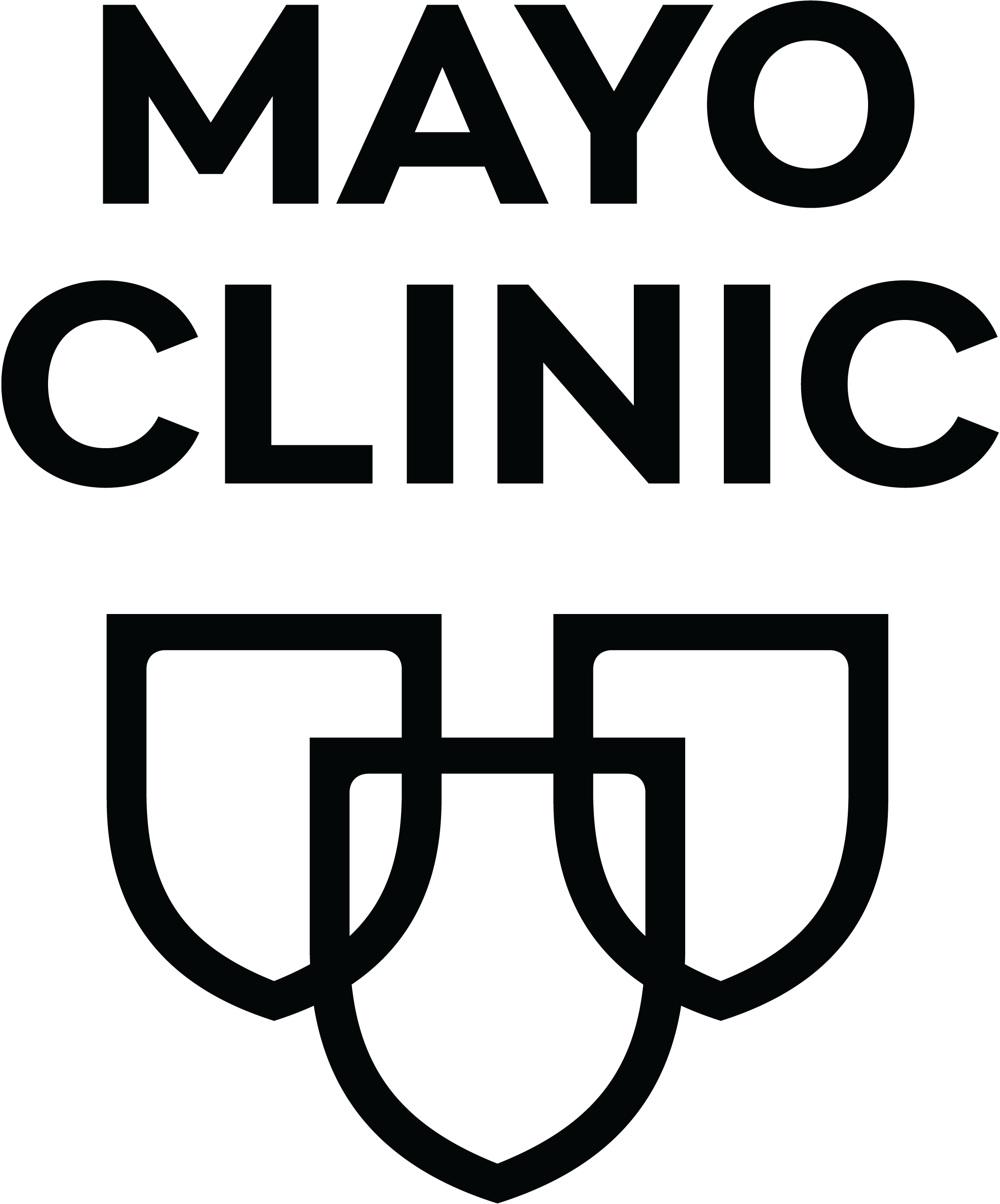Colorectal cancer screening saves lives
3/9/2023 by Stacey Rolak, M.D.

Colorectal cancer is the third most common cause of cancer, and it's preventable. Screening can detect colorectal polyps, a growth of cells from the lining of the colon, early, and the polyps can be removed before they develop into cancer.
Who should be screened for colorectal cancer?
- Adults 45-75 with an average risk of colorectal cancer. Previously, screening started at 50. This was changed because colorectal cancer is being found in younger people.
- After 75, the decision to continue screening should be personalized.
If you have any of the following, you would not be considered average risk:
- Personal or family history of colorectal cancer or at high risk for polyps.
- A genetic disorder causing a high risk of colorectal cancer or inflammatory bowel disease.
What are the options for colorectal cancer screening?
The American College of Gastroenterology recommends colonoscopy or fecal immunochemical testing, commonly referred to as FIT.
- Colonoscopy: This test requires bowel prep to clean out your colon. The clinician will look for polyps in your entire colon and rectum. If polyps are detected, they will be removed. Colonoscopies should be repeated every 10 years, or more frequently if polyps are found.
- FIT: This is a stool-based test which detects altered DNA or blood in the stool. If the FIT is abnormal, a colonoscopy must be done afterwards to identify and remove any concerning polyps. The FIT test should be done yearly.
- Other options for screening: Flexible sigmoidoscopy, multitarget stool DNA test or computed tomography colonoscopy. If any of these tests are abnormal, you will need a colonoscopy.
What are the symptoms of colorectal cancer?
- Most commonly, you will have no symptoms — which is why it is even more important that you get screened.
- Other symptoms include bright red or black blood in the stool, constipation, narrow stools, abdominal cramping, fatigue from low blood counts (anemia) and unexplained weight loss.
March is Colorectal Cancer Awareness Month. Talk to your health care team about getting screened today.
Stacey Rolak, M.D., is a resident physician in internal medicine at Mayo Clinic in Rochester. She earned her medical degree at the University of Wisconsin School of Medicine and Public Health and her Master of Public Health from George Washington University. She is interested in patient education and preventive care.
